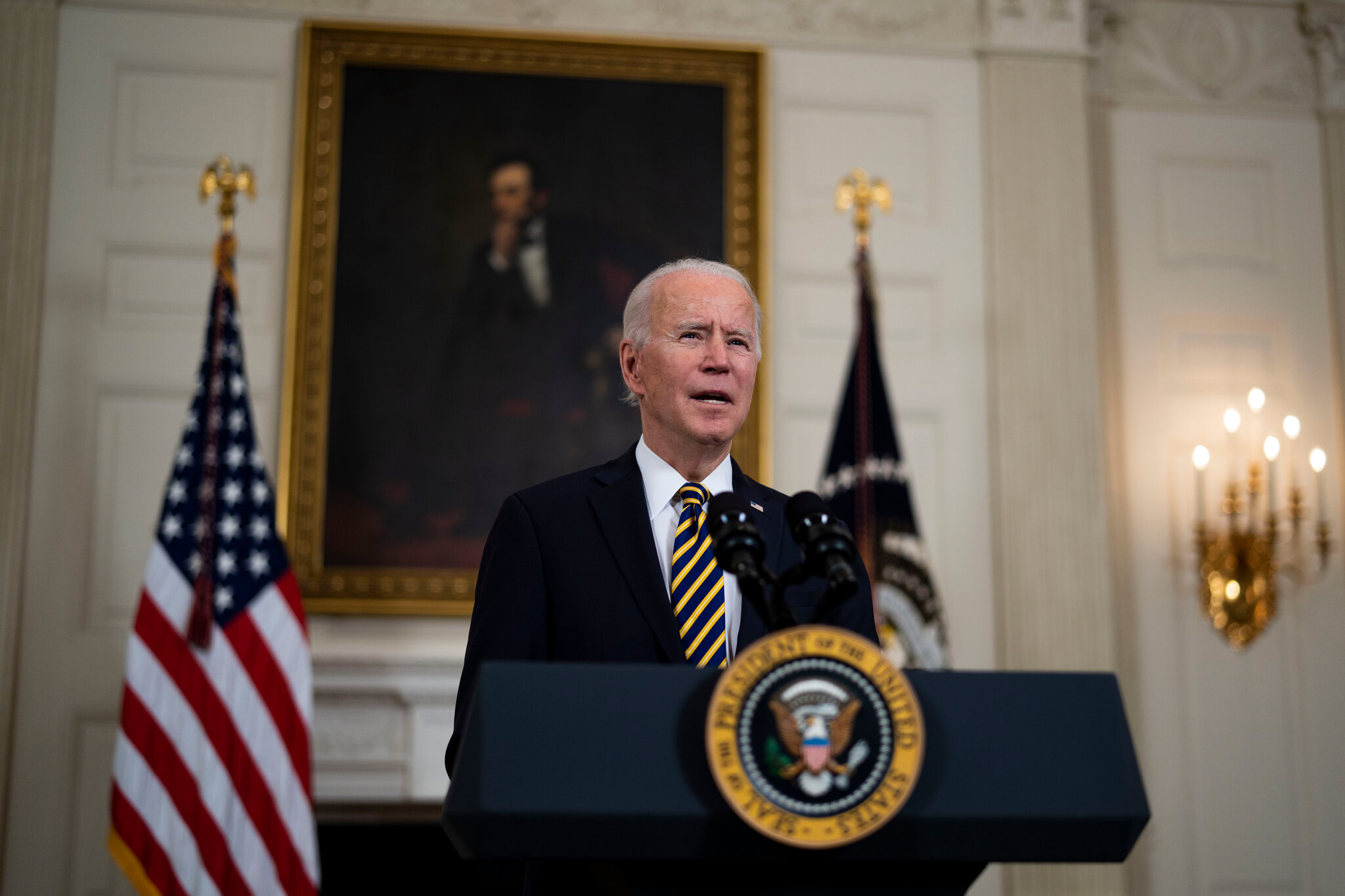On 25 February President Joe Biden authorised an airstrike on sites in Syria used by Iranian-backed militia. According to the Syrian Observatory for Human Rights, this airstrike resulted in the death of 22 members of the Iraqi Hezbollah and Iraqi Popular Mobilization Forces. This is Biden’s first military act as president of the United States.
This airstrike is a response to three rocket attacks that have occurred since 15 February. The 15 February attack in Ebril, Iraq, wounded one United States service member and four United States contractors and killed one Filipino contractor.
The subsequent rocket attacks took place on 20 February and 22 February and targeted locations where the US were based.
Pentagon Press Secretary John Kirby said in a statement that: “the strikes destroyed multiple facilities […] used by a number of Iranian-back militant groups, including Kait’ib Hezbollah (KH) and Kait’ib Sayyid al-Shuhada (KSS)”.
Iran has refuted that they are responsible for any of these attacks. According to Mehr, Saeed Khatibzadeh, a spokesperson for the Iranian Foreign Ministry, stated: “Whilst these rumours are strongly rejected, the dubious attempt to attribute it to Iran is also strongly condemned”.
However, in a state department press briefing on 22 February, spokesperson Ned Price said: “we have stated before that we will hold Iran responsible for the actions of its proxies that attack Americans”.
Some Democratic lawmakers are concerned that Congress was not consulted prior to the airstrike. In a statement, Senator Tim Kaine, a Virginia Democrat, commented: “The American people deserve to hear the Administration’s rationale for these strikes and its legal justification for acting without coming to Congress.
Offensive military action without congressional approval is not constitutional absent extraordinary circumstances. Congress must be fully briefed on this matter expeditiously”.
Similarly, Representative Ro Khanna, a California Democrat on the House Armed Services Committee, told CNN: “[t]he President should not be taking these actions without seeking explicit authorization” and that the US “need[s] to extricate from the Middle East, not escalate”.
Senator Rand Paul, a Kentucky Republican, criticised the airstrike when he tweeted: “What authority does @POTUS have to strike Syria?”.
However, Senator Pat Toomey, a Pennsylvania Republican, released a statement saying: “President Biden [was] right to respond to recent Iranian-backed attacks on Americans with this airstrike”.
Similarly, House Majority Leader Steny H. Hoyer, a Democratic Representative for Maryland’s 5th congressional district, commented in a statement that: ‘[the] airstrike demonstrates President Biden’s resolve to prevent Iran from targeting America’s personnel and allies with impunity”.
In a letter to Nancy Pelosi, the Speaker of the House, Biden stated that: “[his action is] pursuant to [his] constitutional authority to conduct United States foreign relations and as Commander in Chief and Chief Executive” and is also legitimized by “the United States’ inherent right of self-defense as reflected in Article 51 of the United Nations Charter”.
Biden’s authorising an airstrike may increase tensions between the US and Iran. This tension was amplified in 2018 when former President Donald Trump abandoned the 2015 nuclear deal Iran made with the US, UK, France, Germany, Russia, and China where sanctions would be lifted if Iran limited their nuclear activities; the US reinstated sanctions which meant the value of Iran’s currency (Iranian rial) decreased thereby causing inflation.
As a result of sanctions tightening in May 2019, Iran suspended commitments to said deal. This airstrike takes place just before negotiations between Teheran and Washington about Iran’s nuclear program.
Image: The New York Times

